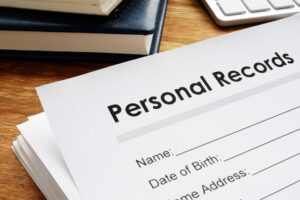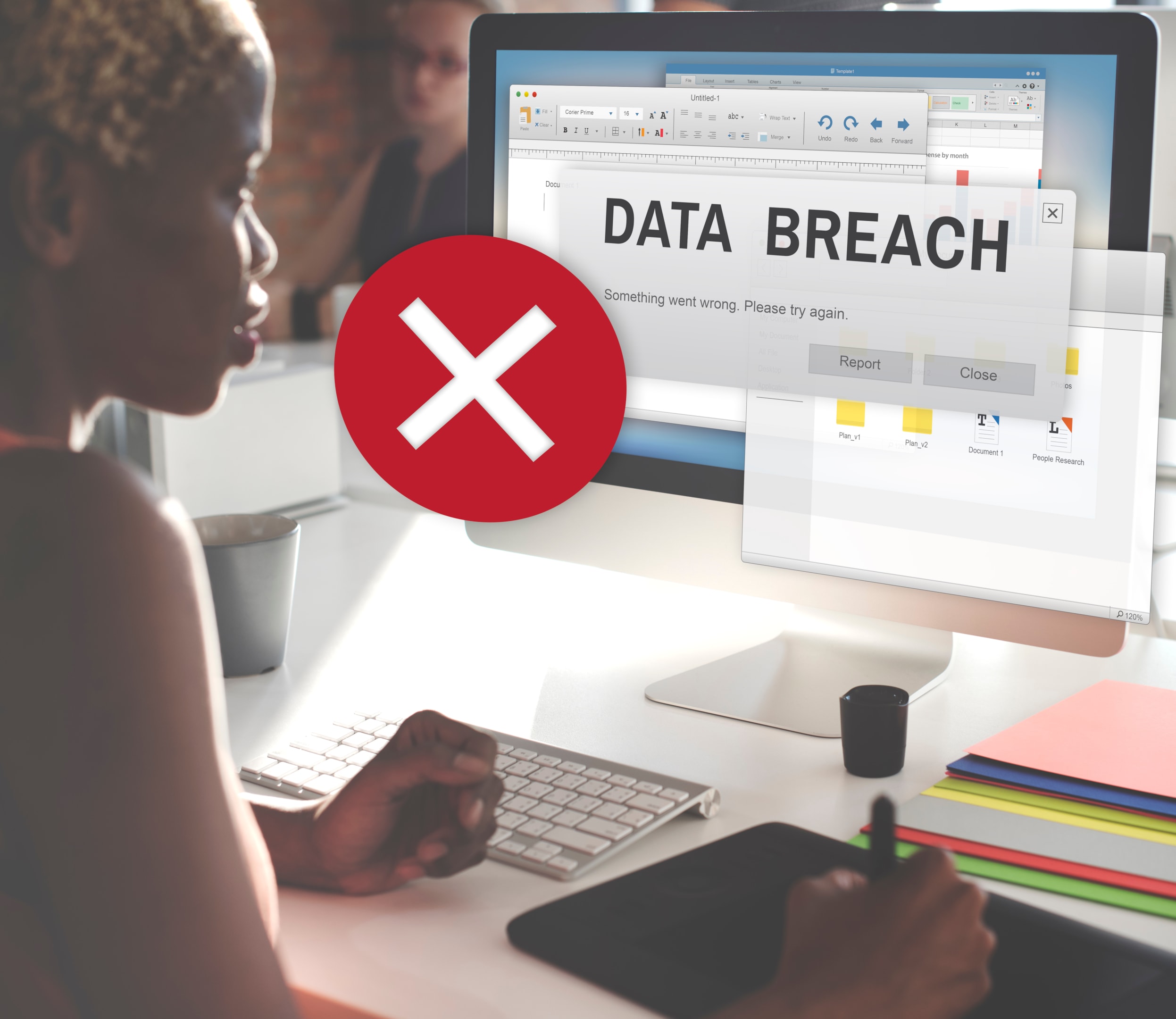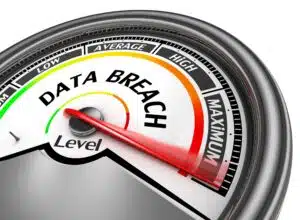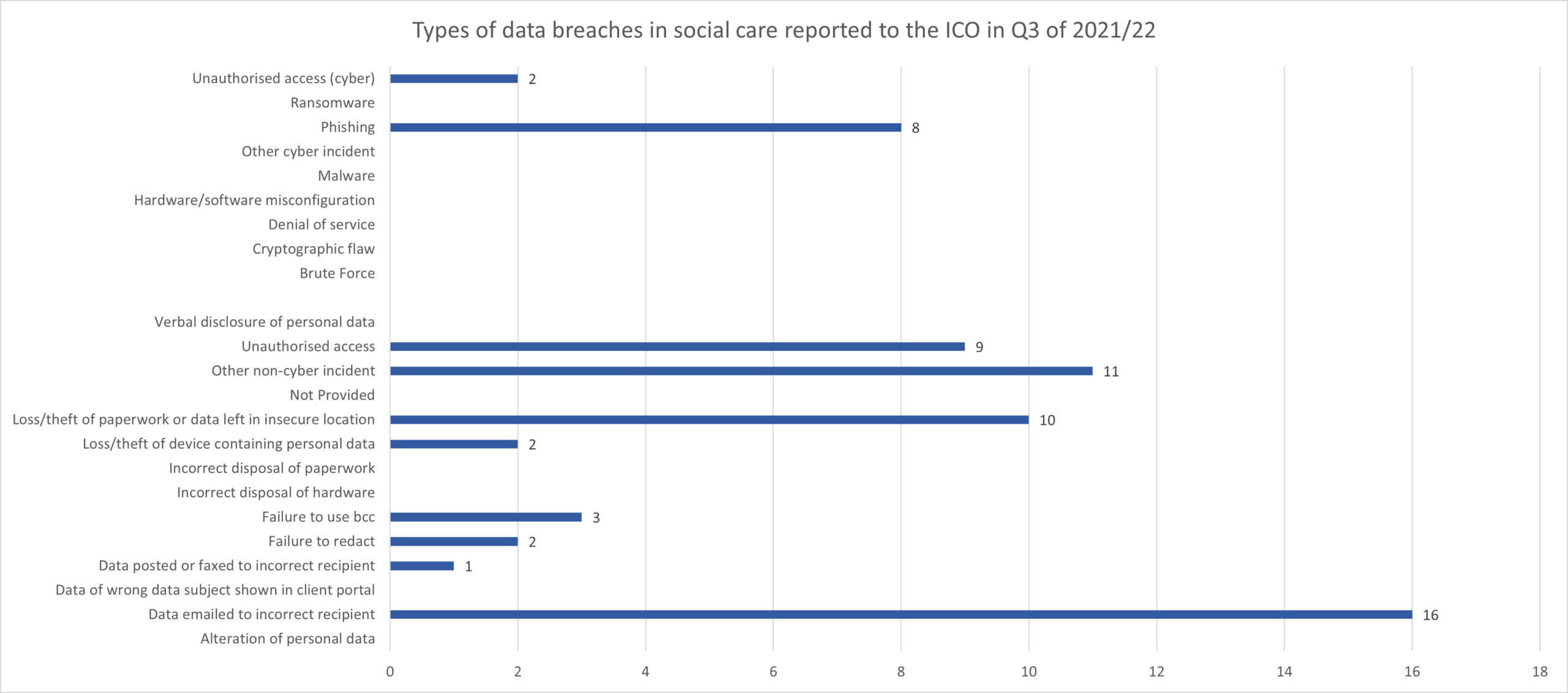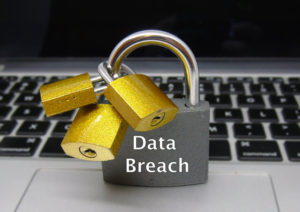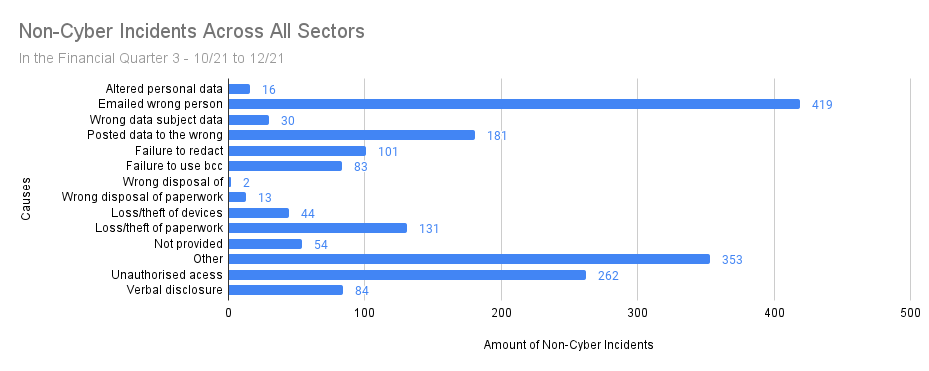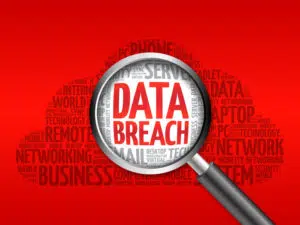Given the digital nature of the modern world, it is unsurprising that cyber attacks and data breaches are becoming more commonplace. No businesses are immune to these threats, and companies large and small can be targeted by criminals to gain unauthorised access to various types of information and accounts. With this in mind, it is important to understand the role of cybersecurity in preventing data breaches.
There can be quite a lot of reputational damage that can follow a company after a data breach as if personal data or sensitive information gets into the wrong hands, customer trust can be hard to rebuild. There are also direct financial consequences, such as missing funds or the prospect of a company facing claims for data breach compensation if they are liable for the breach.
This blog will explore what cyber security is, how it can help a business, and what risks are posed if you do not have it. We then look at some tips for how to prevent data breaches and offer some further reading on the subject.
If you have any questions about data breaches or would like to explore making a claim following such a breach, you can:
- Call us for free on 0330 043 4072
- Make a claim online
- Use the live chat function on your screen
Choose A Section
- What Is Cybersecurity?
- What Is The Role of Cybersecurity In Preventing Data Breaches?
- What Are The Potential Risks Of Not Having Cybersecurity?
- Tips For Preventing Data Breaches
- More Information Relating To Data Leaks
What Is Cybersecurity?
Cybersecurity includes the measures and systems put in place to help stop and reduce the risk of unauthorised third parties gaining access to information or a digital network. This could be in the form of software that protects your networks and devices as well as practical steps such as policies about regular password changes and two-factor authentication.
It covers any way that a business can protect the data that it processes. Given the ever-evolving nature of online threats, cybersecurity must often be updated and reviewed. It would be nice if it were as simple as installing a single program that covered you for many years, but there are always new threats, for example, in the form of updated phishing scams or new network hacking techniques.
As attacks grow more sophisticated, businesses must be vigilant to prevent cybersecurity breaches. Are there backdoors in your system or network? Do you have adequate security policies about the physical storage of information? If questions like these are not asked regularly and necessary action is taken, the risk of a data breach will increase.
What Is The Role of Cybersecurity In Preventing Data Breaches?
You might be thinking, ‘Why is cybersecurity important in the role of preventing data breached?’ and this is a good question. The rise in the need for cybersecurity naturally follows the rise in digital interactions around the world. As digital security threats increase over time, cybersecurity needs to keep pace to prevent things like sensitive personal information, customer data or account access from falling into the wrong hands.
Most people will use a computer or smartphone during the day. Whether as a business or a consumer, it would be almost impossible to navigate the world without digital technology. Coupled with the increase in cloud computing and cloud based services, there is a lot of information and sensitive data that needs to be protected.
Cybersecurity is a preventive measure and is designed to stop a data breach from occurring in the first instance. For example, this could be software that scans all incoming emails and their attachments to make sure that they are free from viruses and malware. If such an email got through, a company could be held to ransom over access to its financial accounts or criminals could commit identity theft of employees or customers.
Even after a data breach occurs, cybersecurity can still play a role. With review and valuable learnings, steps could be implemented to reduce a company’s future data breach risk.
The Data Protection Act 2018 (DPA) and the UK General Data Protection Regulation (UK GDPR) list the rules and regulations data controllers and processors must follow. Failure to follow these rules could lead to potential data breach liability. Having adequate cybersecurity will help you prevent data breaches and reduce this liability.
What Are The Potential Risks Of Not Having Cybersecurity?
Without adequate cybersecurity or having none at all, preventing data breaches will be difficult, and you will put your business at risk from cyber-attacks and reputational damage.
A data breach includes unlawful destruction, alteration or loss of data, as well as unauthorised access to, or disclosure of, personal data. Personal data includes things like a person’s name, address or national insurance number. Some data is of a more sensitive nature and is called special category data.
Special category data includes:
- Race or ethnicity.
- Political opinions.
- Religious beliefs.
- Philosophical beliefs.
- Genetics.
- Biometrics.
- Health.
- Sex life.
- Sexual orientation.
It is easy to see the damage that could be caused to a company’s reputation if this information were subject to data leaks. It could take many years to restore your reputation following an unlawful data breach.
A company can also be fined by the Information Commissioner’s Office (ICO). The ICO can give a company a data breach fine of up to £17.5 million pounds or 4% of global turnover (whichever is higher) for a breach of the DPA or UK GDPR. This is in addition to paying potential damages to those affected by the breach.
Limited cybersecurity could lead to being targeted by cybercriminals as they look to gain access to financial information (such as tax information) and access to bank accounts. You could have significant cashflow problems if money were taken from you directly, and this could be worse if client funds were taken.
Put simply, given the dangers of the online world and the possible exposure to financial loss and reputation damage, it is prudent for businesses to take cybersecurity very seriously.
Tips For Preventing Data Breaches
We have looked at the significant impact that data breaches can have. Let us now look at steps companies can take to avoid them.
First, it is worth considering some data breach examples. Examples include:
- Failing to redact personal information from documents sent to third parties.
- Loss or theft of paper or digital documents.
- Incorrect disposal of physical copies of sensitive information.
- Personal data was emailed to the wrong email address.
- Sending postal correspondence with special category data to the wrong address.
Some of the steps a business could do to reduce the risk of a data breach could be
- Educating staff about cybersecurity and data protection.
- Implementing strong password policies such as difficult to guess passwords, password software and a policy about regularly changing passwords.
- Regular cybersecurity system updates and patches.
- Working with cybersecurity experts to make sure they are as protected as possible.
- Restrict access to data through security clearance policies.
- Adequate policies for the storage and access to physical documents and records.
- Robust IT policies with up-to-date anti-virus software.
- Multi-factor authentication where possible.
By taking some of these steps, a business could significantly reduce security threats and their employees can prevent data breach incidents. With strong security practices, data breach prevention is possible. We hope these tips have given you food for thought.
Contact Us
Hopefully, this guide has given you the information you were looking for on how cybersecurity plays an important role in preventing data breaches.
If your personal data has been breached by an organisation that you work for or are a customer of, we could help you with claiming data breach compensation. Contact our advisors today to learn how one of our No Win No Fee solicitors could help you:
- Call us for free on 0330 043 4072
- Make a claim online
- Use the live chat function on your screen
More Information Relating To Data Leaks
Here are some more articles from ourselves:
- Learn how to claim for a data breach at work.
- A guide to breach of data protection claims.
- Learn if you could claim if you receive a letter about a data breach.
Additionally, you can check out this external resources:
- Learn more about what cyber security is from the National Cyber Security Centre (NCSC).
- Guidance on how to minimise the risk of data breaches from the ICO.
- Learn more about the lawful basis for processing your personal data from the ICO.
Thank you for reading our blog about the important role that cybersecurity plays in preventing data breaches.








